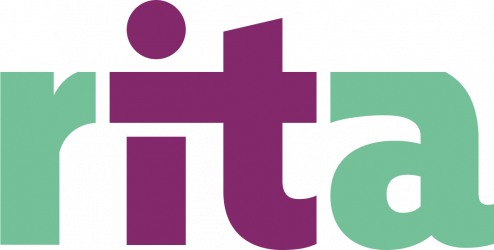Jordi Antón is paediatric rheumatologist at Hospital Sant-Joan-de-Déu and associate professor at the University of Barcelona, Catalonia, Spain. As a news chair of the RITA education WG, he shares with us his perspectives. Thank you for that!
As the chair of ERN-RITA WG, would you tell us what motivates you in this subject?
I must say that at first I had my doubts, that I respected the responsibility involved, but I confess that Nico Wulffraat as coordinator, Tadej Avcin as former president, and the rest of the team were very persuasive in offering me their support and experience and that encouraged me to accept.
I have been involved in the training and education of pediatricians since completing my residency. I’m also director of the fellowship program in pediatric rheumatology in our institution. During my time as president of Pediatric Rheumatology Spanish Society (SERPE) I was involved in the birth and development of different educational activities. In addition, I have been a long-time member of the Education and Training Committee of the European Society for Pediatric Rheumatology, and three years ago I was elected chair of this committee. I am also a member of the EULAR education committee.
I believe that education and training are fundamental parts of our work as health professionals. The development of medicine has made it very difficult today for a single person, or even a single team, to have up-to-date knowledge, based on evidence and considering patient’s opinion, for each and every one of the diseases. That is why it is very important that knowledge flows. It is important to explore and develop new educational activities. But we must create quality products, and above all we must make access as easy as possible. For example, leaving open access to scientific sessions or discussions of complex cases that can be didactic.
How do you consider education as a part of an ERN, what kind of contents, to which audience?
I consider Education in a broad sense not only for the new generations of doctors, but also for other health professionals. I understand that it is one of our obligations to maintain a correct level of competence and updating, not only in medical knowledge, but also in other skills such as communication or patient transition. I believe that Education is key to empowering patients and that we must explore the paths that new technologies open up for us in this information society. And when I say educational activities, I do so in a broad sense, not only for professionals, but also for patients, and in the case of children, their families.
This may be tricky to address 4 streams with so many conditions … Do you see any priorities in your action in this perspective?
I think it is key to detect the needs of each of these branches, both by professionals and patient societies. We have already established regular meetings to be attentive to their needs. At the same time, I think we should be practical. Different scientific societies have been working for years and doing a great job, there is no need to reinvent the wheel! If there is something that is already working well, we can offer to collaborate. One possibility is to organize shared educational activities. I believe we should look for synergies and try to fill those gaps where a multidisciplinary approach can help. At the heart of ERN is providing a response especially for those patients with rare and ultra-rare diseases. It is at this point where I think we have a space to develop. I am very lucky to work with Alexander Belot who agreed to coordinate the ERN RITA webinars. He has done a great job working on a proposal for the coming months seeking the maximum multidisciplinarity of our sessions. We are convinced that common knowledge enriches us despite having four different branches, it is the same that we can see in our daily work.
Do you have any message to ERN-RITA HCP members, especially those who have joined the network last January?
Well, I am also a newcomer. It is true that in the field of the four branches that RITA encompasses, many of the professionals have been working together for years on different projects, and that knowledge has been flowing.
I believe that there are exciting years ahead and, more importantly, that the development of ERNs, and especially the ERN RITA, will lead to improved health and quality of life for patients in Europe and beyond. Colleagues from other working groups will be able to talk about the possibilities that are opening up at the level of clinical guidelines, research or data registration, to give an example. As far as I am concerned, education, the training of professionals, and even more so of patients, should be mandatory. The best advocates, the ones who know their diseases best, are the patients. We must understand their needs and design educational programs accordingly.
